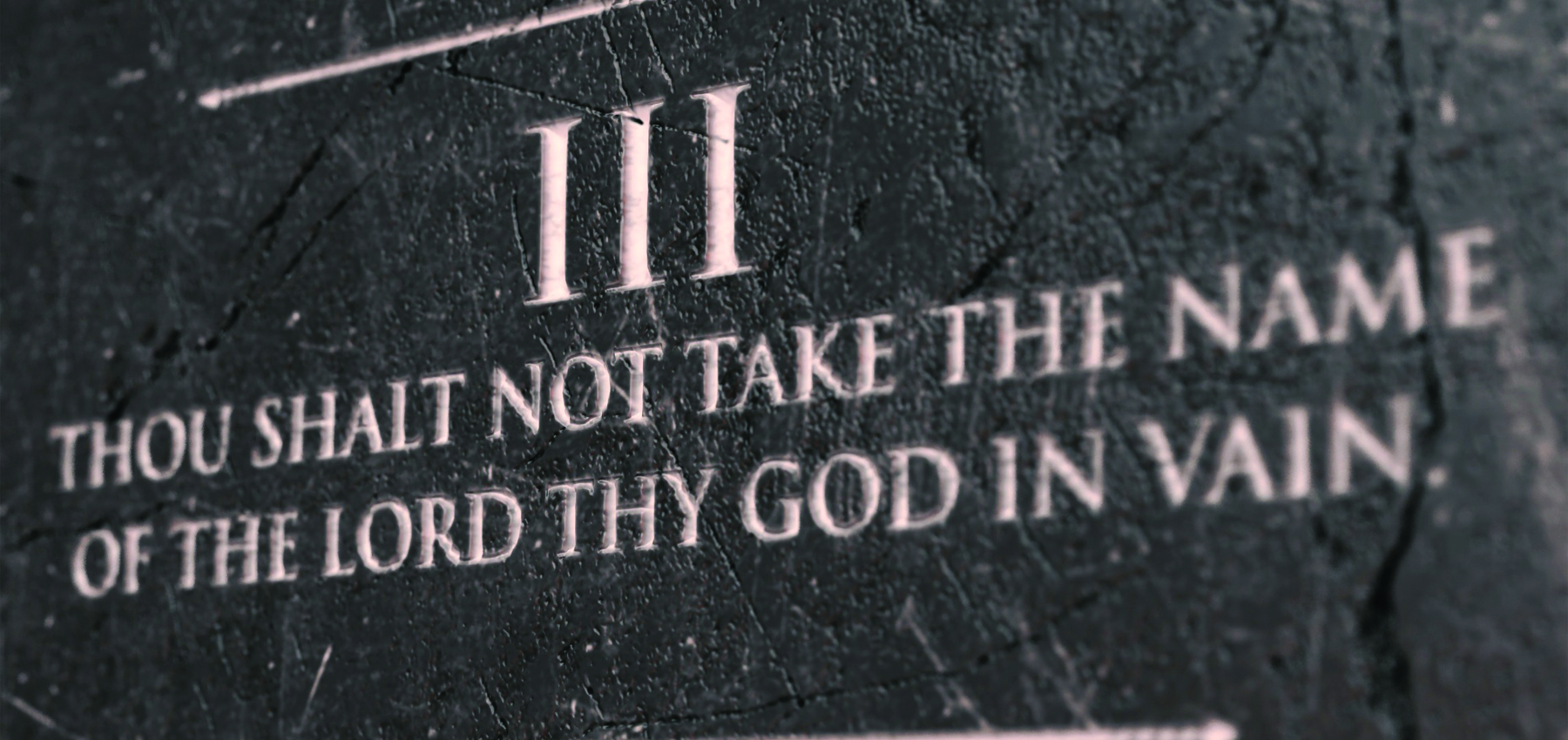By Will Hall, Baptist Message executive editor
ALEXANDRIA, La. (LBM) – The 10 Commandments may be viewed from several perspectives:
— Some believers see them simply as a list of dos and don’ts.
— Others consider them in the context of their origins: As the first formal instruction to the Hebrew nation after escaping from Egypt, these were something of a primer for Israel to transition from being a people of Pharoah for 400 years to becoming the people of the one true God in perpetuity.
— More, still, look at these basic tenets in terms of how they are grouped (the first four address a relationship with God; the fifth involves family relationships; and the last five broadly describe relationships with everyone else). Together, these commandments reveal a hierarchy of relationships within the relational world God created for us as relational beings. In other words, God tells us to make Him the priority in our relationships, then family (and by inference, marriage) and, finally, yet importantly, our neighbors.
Regardless, in all three perspectives, the stricture in the third commandment is the same: Do not use God’s name in vain.
It is a key to obedience. It is an essential element of how we set ourselves apart as His people. It is part and parcel of making God the top relationship in our lives.
Moreover, throughout the Word the third commandment is reinforced with instructions not to profane God’s name by invoking it in oaths (Mt. 5:34-35), using it to falsely imply His will or authority in a matter (Mk. 7:6-9), or casually offering it in a flippant comment or remark (Mt. 12:36).
Indeed, God warns us that our words reveal the condition of our hearts (Mt. 12:34).
In that context, I grieve about what might appear to some to be a “smallish” incident that took place during our recent SBC Annual Meeting in New Orleans.
What caused my hurt?
During a seemingly minor moment of tension during a discussion from the floor, a glib comment was made from the platform that even Jesus would have had to stand in line to wait His turn to speak at a microphone.
In context, the speaker clarified that he had heard someone else make the comment. Still, he shared the remark for effect, nonetheless.
And my soul cringed.
It might look “nitpicky” or read like a “potshot” or “gotcha” attempt to complain about this incident in an editorial.
But my spirit truly was in pain – not just because “WE” had failed to revere “the name above every name” at that moment. Instead, I also was convicted about how many times “I” might have loosely invoked Jesus’ name, perhaps to be glib, when I could have employed His words or His example to have an even better effect.
In a recent episode of the television series, Jeopardy, the three contestants were challenged with a clue from the Model Prayer: “Matthew 6:9 says, ‘Our Father which art in Heaven,’ THIS ‘be thy name.’”
Not one of them buzzed in, and the hostess had to tell them the answer, “What is ‘hallowed.’”
Since then, there has been a cascade of criticisms on social media about this game show incident and what it says about the participants and perhaps something even larger about the state of our culture.
However, for me it serves as an important lesson, and a matter for personal reflection, not to forget that God’s name is holy.




